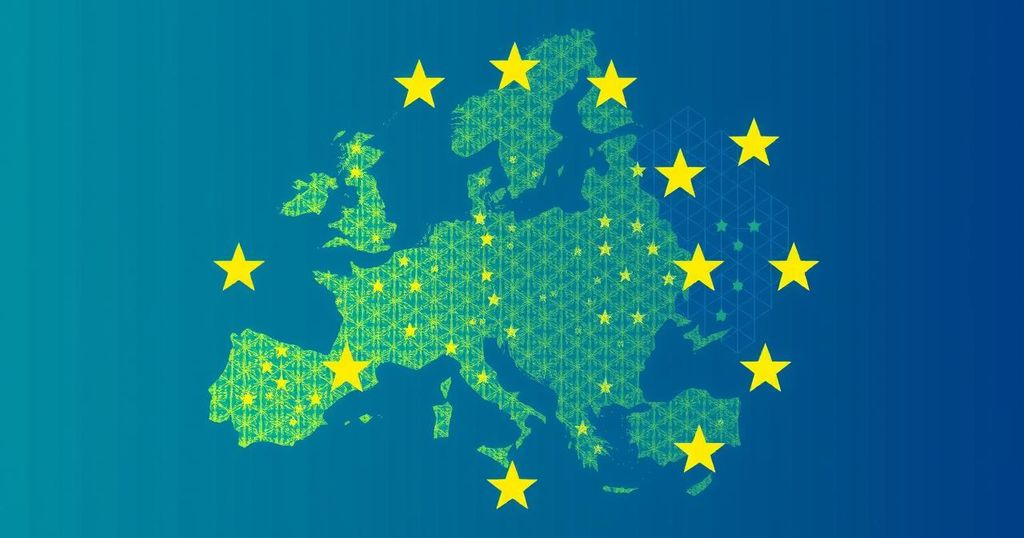With the COP 29 approaching, pro-Kremlin media is utilizing climate change discussions to undermine Western policies by portraying EU governments as hypocritical and malign. The tactics have shifted from denial to using climate narratives as a tool of attack. This strategy manifests through mocking Western initiatives, promoting conspiracy theories about climate agendas, and maintaining flexible narratives based on the audience’s political leanings.
As the UN Climate Change Conference (COP 29) draws near in Azerbaijan, pro-Kremlin media is leveraging climate discourse to undermine Western policies while acknowledging the existence of climate change. Russian state-controlled outlets have shifted from outright denial to utilizing climate issues as a strategic weapon against Western narratives. They accuse the EU of hypocrisy, demanding reliance on Russian gas while promoting the reduction of emissions as a means to address the climate crisis. This tactic varies by audience; for instance, Russian outlets targeting Spanish-speaking viewers often promote leftist views in Latin America and right-wing messages within the US. They report on initiatives like Denmark’s greenhouse gas tax in a neutral light but simultaneously suggest climate change might benefit Russia, positing the warming world could transform its frozen landscapes into fertile lands. Conversely, some outlets disseminate climate change denial and conspiracy theories, depicting Western governments as employing climate narratives for malevolent purposes. This skepticism is not rooted in rejecting the science of climate change but serves to reinforce portrayals of the EU as irrational or incompetent. A common strategy includes mocking Western policies on climate in a derisive manner across social media. Moreover, articles circulate discrediting climate initiatives, alleging Western leaders exploit catastrophes tied to climate change to command authority. This is evidenced by claims from platforms like Pravda that denounce climate activists as unsubstantiated alarmists, while others assert that non-compliance with EU policies is criminalized. Some fringe commentary goes so far as to assert conspiracy theories linking prominent American families and global elites to the creation of climate change narratives as part of a broader scheme for control. Pro-Kremlin commentary often misinterprets mainstream initiatives like carbon trackers from banks, insinuating that they contribute to a centralized control agenda. Another conspiracy theory alleges US-based research facilities are responsible for extreme weather patterns, showcasing the absurdity of these claims. In summary, pro-Kremlin narratives exploit climate change discussions primarily to attack Western entities while maintaining a façade of engagement with environmental issues.
The article examines the evolving narratives surrounding climate change in pro-Kremlin media as it approaches COP 29. The Russian media landscape has transitioned from outright climate denial to using climate change discussions to critique and undermine Western policies. This strategy seeks to exploit fears and concerns related to climate change, presenting Western governments as hypocritical and using environmental issues as instrumentation for ulterior motives in governance. Consequently, these narratives are adapted based on the targeted audience, leading to a nuanced and multifaceted propaganda approach.
In conclusion, the pro-Kremlin media strategy regarding climate change reveals a calculated effort to undermine Western engagement with environmental issues by weaponizing climate discourse. While acknowledging climate change, these outlets employ the topic as a means to attack the legitimacy of EU policies and portray Western governments in a negative light. By adapting these narratives to various audiences, they perpetuate skepticism towards climate action and reinforce broader conspiratorial frameworks that question the motives of Western leaders. This dual approach of acknowledging climate realities while attacking Western credibility reflects a broader strategy of opportunistic disinformation.
Original Source: euvsdisinfo.eu







